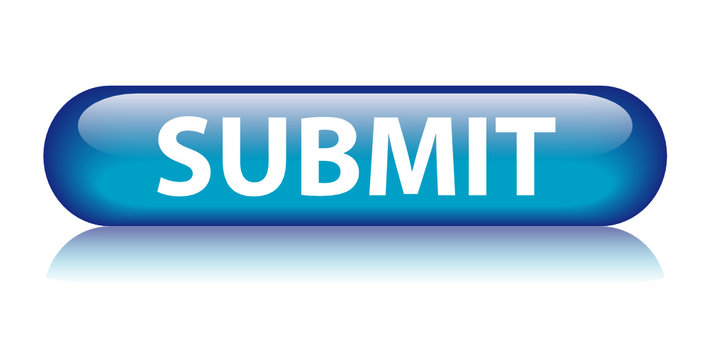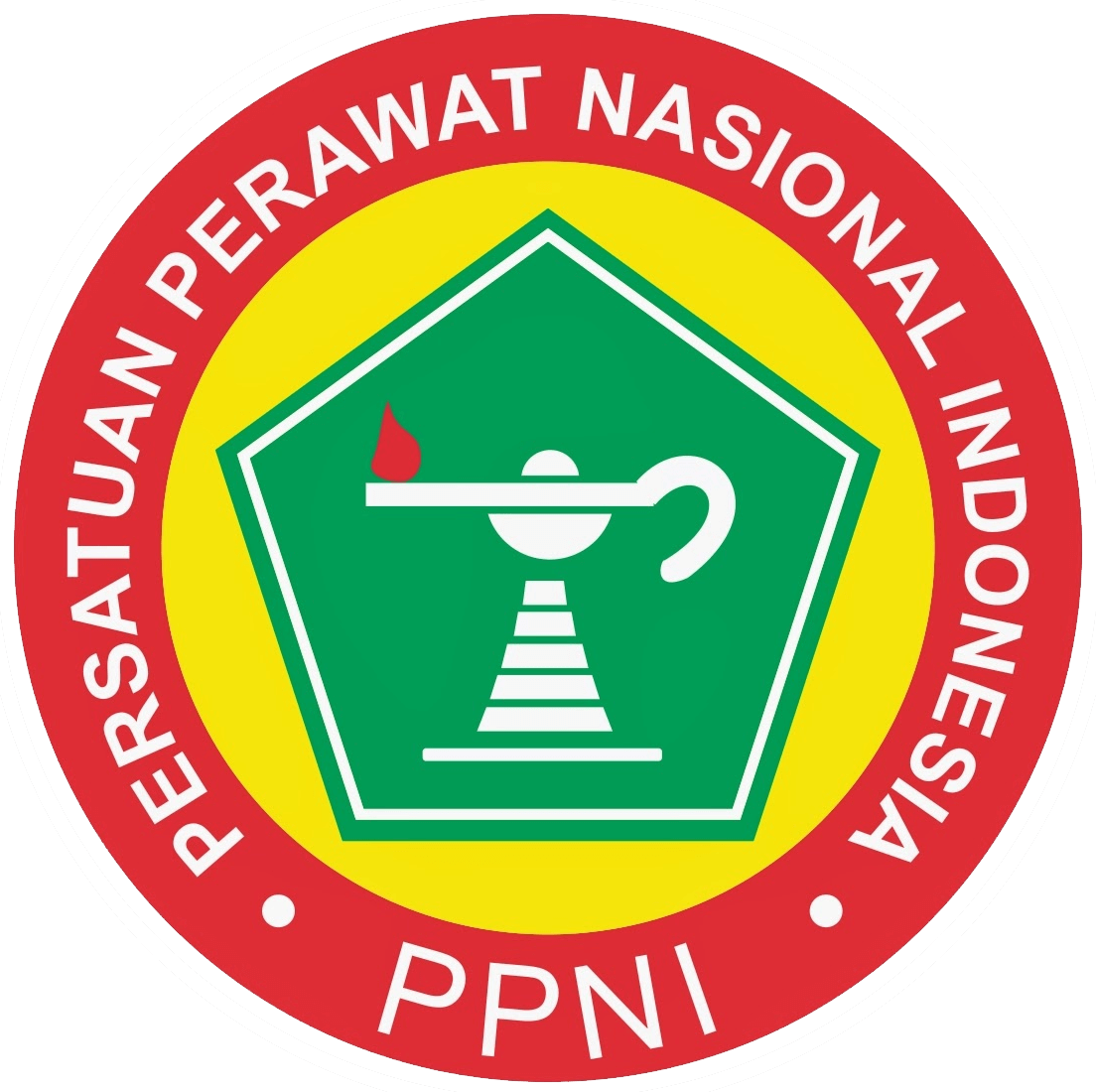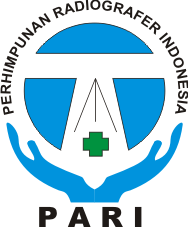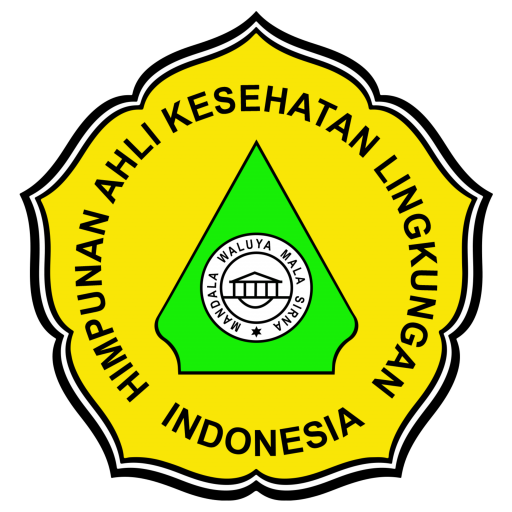- Focus and Scope
- Section Policies
- Peer Review Process
- Publication Frequency
- Open Access Policy
- Publication Ethics
- Author Publication Fees
Focus and Scope
Journal LINK (ISSN: 1829-5754 e-ISSN: 2461-1077; http://ejournal.poltekkes-smg.ac.id/ojs/index.php/link) merupakan jurnal peer-review yang diterbitkan oleh Pusat Penelitian dan Pengabdian kepada Masyarakat, Poltekkes Kemenkes Semarang. LINK berfokus menerbitkan artikel ilmiah tentang hasil pengabdian masyarakat yang meliputi pemberdayaan masyarakat, pelatihan, pendampingan, teknologi tepat guna (TTG), dan pendidikan kesehatan. Hasil pengabdian masyarakat dapat berupa penerapan hasil penelitian maupun pengabdian masyarakat berbasis wilayah guna menangani dan mengelola berbagai potensi, kendala, tantangan, dan masalah yang ada di masyarakat.
LINK juga menerima artikel hasil penelitian mengenai manajemen kesehatan yang berasal dari topik:
1. Keperawatan
2. Kebidanan
3. Gizi
4. Analis Kesehatan
5. Kesehatan Gigi
6. Teknik Radiologi
7. Rekam Medis dan Informasi Kesehatan
8. Obat Tradisional dan Kearifan Lokal
9. Kesehatan Lingkungan/ Kesehatan Masyarakat
Artikel yang dimuat di jurnal LINK merupakan artikel yang telah melalui proses review oleh Mitra Bestari (peer-Reviewers). Menerima keputusan layak atau tidaknya suatu artikel ilmiah dalam jurnal ini menjadi hak Redaksi berdasarkan rekomendasi Mitra Bestari.
-----------------------------------------------------------------------------------------------------------
Journal LINK (ISSN: 1829-5754 e-ISSN: 2461-1077; http://ejournal.poltekkes-smg.ac.id/ojs/index.php/link) is a peer-reviewed journal published by the Center for Research and Service to the Community, Poltekkes Kemenkes Semarang. LINK focuses on publishing scientific articles on the results of community service which includes community empowerment, training, mentoring, appropriate technology, and health education. The results of community service can be in the form of applying the results of research and regional-based community service in order to handle and manage various potentials, obstacles, challenges, and problems that exist in the community.
LINK also accepts research articles on health management from the topics:
1. Nursing
2. Midwifery
3. Nutrition
4. Health Analyst
5. Dental Health
6. Radiology
7. Medical Records and Health Information
8. Traditional Medicine and Local Wisdom
9. Public Health
Articles published in the LINK journal are articles that have gone through a review process by Bestari Partners (peer-reviewers). Accepting the decision whether or not a scientific article in this journal is right is the right of the Editor based on the recommendation of Mitra Bestari.
Section Policies
Articles
Peer Review Process
Artikel yang diserahkan ke Jurnal LINK (e-ISSN: 1829-5754) akan dievaluasi melalui 2 tahap tinjauan, pra-review dan review substansi.
Pra-review artikel ini dilakukan oleh tim editorial untuk meninjau kesesuaian artikel dengan fokus dan ruang lingkup jurnal serta gaya selingkung jurnal dan pedoman penulisan LINK.
Review Substansi secara double-blind dilakukan oleh setidaknya 2 reviewer. Durasi peninjauan antara 4-18 minggu. Jika diinginkan, peninjau dapat meminta peninjauan ulang setelah penulis merevisi artikelnya.
Dalam proses Penerbitan Jurnal Ilmiah dilakukan melalui beberapa tahapan yaitu:
- Pengumpulan makalah
- Proses evaluasi makalah oleh reviewer yang ditunjuk
- Proses revisi makalah
- Pengeditan makalah yang telah dinyatakan Accepted
- Pengiriman hasil penyuntingan makalah kepada penulis untuk dilakukan proof read
- Permintaan Assignment of Copyright dari penulis
- Penerbitan jurnal ilmiah
Secara rinci, prosesnya adalah sebagai berikut :
- Memasukkan data paper ke database
- Mencetak lembar disposisi
- Membuat arsip paper
- Menentukan Reviewer paper
- Mengirimkan paper ke referee untuk dievaluasi.
- Mengirimkan pemberitahuan kepada penulis.
- Mengirimkan referee report ke penulis untuk direvisi.
- Meminta komentar lanjutan dai reviewer atas paper hasil revisi.
- Jika paper masih harus direvisi, komentar lanjutan dikirimkan ke penulis.
- Melakukan penyuntingan paper sesuai dengan format Proceedings.
- Mengirimkan paper ke penulis untuk dilakukan final reading.
- Melakukan final editing.
- Menerbitkan jurnal.
---------------------------------------------------------------------------------------------------------
Articles submitted to Jurnal LINK (e-ISSN: 1829-5754) will be evaluated through 2 stages of review, pre-review and substance review.
The pre-review of the article is done by the editorial team to review the conformity of the article with the focus and scope of the journal as well as the journal style and specific LINK writing guidelines.
Substantial single-blind reviews are performed by at least 2 reviewers. Duration of review between 4-18 weeks. If desired, the reviewer may request a re-review after the author revises his/her article.
- In the process of Scientific Journal Issuance is carried out through several stages, namely:
- Collection of papers
- Paper evaluation process by the designated reviewer
- Paper revision process
- Editing papers that have been declared Accepted
- Delivery of the results of editing the paper to the author for proofreading
- Assignment of Copyright Request from the author
- Publishing scientific journals
In detail, the process is as follows:
- Enter data paper into the database
- Print a disposition sheet
- Make a paper archive
- Determine the Reviewer paper
- Send paper to the referee for evaluation.
- Send notification to the author.
- Sending report referee to the author for revision.
- Request further comments from the reviewer on the revised paper.
- If the paper still has to be revised, further comments are sent to the author.
- Editing the paper in accordance with the Proceedings format.
- Submitting the paper to the author for final reading.
- Do the final editing.
- Publish a journal.
ALUR PENGELOLAAN JURNAL ONLINE
Publication Frequency
Jurnal LINK terbit 2 kali pada bulan Mei dan November setiap tahunnya.
Open Access Policy
Jurnal ini menyediakan akses terbuka langsung ke konten pada prinsip bahwa pengunjung dapat secara bebas untuk mendukung pertukaran global yang lebih besar untuk pengetahuan.
This journal provides open access to content in essence which can be used for globalization.
Publication Ethics
Publication Ethics and Malpractice Statement
LINK (ISSN: 1829-5754) is a peer-reviewed journal published by Pusat Penelitian dan Pengabdian kepada Masyarakat, Poltekkes Kemenkes Semarang. This statement clarifies ethical behaviour of all parties involved in the act of publishing an article in this journal, including the author, the chief editor, the Editorial Board, the peer-reviewer and the publisher. This statement is based on COPE’s Best Practice Guidelines for Journal Editors.
Ethical Guideline for Journal Publication
The publication of an article in a peer-reviewed LINK journal is an essential building block in the development of a coherent and respected network of knowledge. It is a direct reflection of the quality of the work of the authors and the institutions that support them. Peer-reviewed articles support and embody the scientific method. It is therefore important to agree upon standards of expected ethical behavior for all parties involved in the act of publishing: the author, the journal editor, the peer reviewer, the publisher and the society.
Pusat Penelitian dan Pengabdian kepada Masyarakat, Poltekkes Kemenkes Semarang as publisher of LINK journal takes its duties of guardianship over all stages of publishing extremely seriously and we recognize our ethical and other responsibilities. We are committed to ensuring that advertising, reprint or other commercial revenue has no impact or influence on editorial decisions. In addition, the Pusat Penelitian dan Pengabdian kepada Masyarakat, Poltekkes Kemenkes Semarang and Editorial Board will assist in communications with other journals and/or publishers where this is useful and necessary.
Publication decisions
The editor of the LINK journal is responsible for deciding which of the articles submitted to the journal should be published. The validation of the work in question and its importance to researchers and readers must always drive such decisions. The editors may be guided by the policies of the journal's editorial board and constrained by such legal requirements as shall then be in force regarding libel, copyright infringement and plagiarism. The editors may confer with other editors or reviewers in making this decision.
Fair play
An editor at any time evaluate manuscripts for their intellectual content without regard to race, gender, sexual orientation, religious belief, ethnic origin, citizenship, or political philosophy of the authors.
Confidentiality
The editor and any editorial staff must not disclose any information about a submitted manuscript to anyone other than the corresponding author, reviewers, potential reviewers, other editorial advisers, and the publisher, as appropriate.
Disclosure and conflicts of interest
Unpublished materials disclosed in a submitted manuscript must not be used in an editor's own research without the express written consent of the author.
Duties of Reviewers
Contribution to Editorial DecisionsPeer review assists the editor in making editorial decisions and through the editorial communications with the author may also assist the author in improving the paper.
PromptnessAny selected referee who feels unqualified to review the research reported in a manuscript or knows that its prompt review will be impossible should notify the editor and excuse himself from the review process.
ConfidentialityAny manuscripts received for review must be treated as confidential documents. They must not be shown to or discussed with others except as authorized by the editor.
Standards of ObjectivityReviews should be conducted objectively. Personal criticism of the author is inappropriate. Referees should express their views clearly with supporting arguments.
Acknowledgement of SourcesReviewers should identify relevant published work that has not been cited by the authors. Any statement that an observation, derivation, or argument had been previously reported should be accompanied by the relevant citation. A reviewer should also call to the editor's attention any substantial similarity or overlap between the manuscript under consideration and any other published paper of which they have personal knowledge.
Disclosure and Conflict of InterestPrivileged information or ideas obtained through peer review must be kept confidential and not used for personal advantage. Reviewers should not consider manuscripts in which they have conflicts of interest resulting from competitive, collaborative, or other relationships or connections with any of the authors, companies, or institutions connected to the papers.
Duties of Authors
Reporting standardsAuthors of reports of original research should present an accurate account of the work performed as well as an objective discussion of its significance. Underlying data should be represented accurately in the paper. A paper should contain sufficient detail and references to permit others to replicate the work. Fraudulent or knowingly inaccurate statements constitute unethical behaviour and are unacceptable.
Data Access and RetentionAuthors are asked to provide the raw data in connection with a paper for editorial review, and should be prepared to provide public access to such data (consistent with the ALPSP-STM Statement on Data and Databases), if practicable, and should in any event be prepared to retain such data for a reasonable time after publication.
Originality and PlagiarismThe authors should ensure that they have written entirely original works, and if the authors have used the work and/or words of others that this has been appropriately cited or quoted.
Multiple, Redundant or Concurrent PublicationAn author should not in general publish manuscripts describing essentially the same research in more than one journal or primary publication. Submitting the same manuscript to more than one journal concurrently constitutes unethical publishing behaviour and is unacceptable.
Acknowledgement of SourcesProper acknowledgment of the work of others must always be given. Authors should cite publications that have been influential in determining the nature of the reported work.
Authorship of the PaperAuthorship should be limited to those who have made a significant contribution to the conception, design, execution, or interpretation of the reported study. All those who have made significant contributions should be listed as co-authors. Where there are others who have participated in certain substantive aspects of the research project, they should be acknowledged or listed as contributors. The corresponding author should ensure that all appropriate co-authors and no inappropriate co-authors are included on the paper, and that all co-authors have seen and approved the final version of the paper and have agreed to its submission for publication.
Hazards and Human or Animal SubjectsIf the work involves chemicals, procedures or equipment that have any unusual hazards inherent in their use, the author must clearly identify these in the manuscript.
Disclosure and Conflicts of InterestAll authors should disclose in their manuscript any financial or other substantive conflict of interest that might be construed to influence the results or interpretation of their manuscript. All sources of financial support for the project should be disclosed.
Fundamental errors in published worksWhen an author discovers a significant error or inaccuracy in his/her own published work, it is the author’s obligation to promptly notify the journal editor or publisher and cooperate with the editor to retract or correct the paper.
Author Publication Fees
Biaya Proses Artikel
Jurnal LINK (e-ISSN: 2461-1077) adalah jurnal akses terbuka. Pembaca dapat membaca dan mengunduh artikel teks lengkap secara gratis.
Pengiriman Artikel: 0,00 (Rp)
Penulis diharuskan membayar Biaya Pengiriman Artikel sebagai bagian dari proses penyerahan untuk berkontribusi pada biaya peninjauan.
Jika naskah ini diterima untuk diterbitkan, Penulis akan diminta membayar Biaya Publikasi Artikel untuk menutupi biaya publikasi.
Cetak Artikel Publikasi: 150.000,00* (Rp) - *Estimasi
Penulis dapat berlangganan versi terbitan cetak Jurnal LINK dengan menghubungi alamat email jurnal LINK.
Article Processing Charge
Jurnal LINK (e-ISSN: 2461-1077) is an open access journal. Readers can read and download any full-text articles for free of charge.
This journal charges the following author fees.
Article Submission: 0.00 (IDR)
Authors are required to pay an Article Submission Fee as part of the submission process to contribute to review costs.
Article Publication: 500000.00 (IDR)
If this paper is accepted for publication, you will be asked to pay an Article Publication Fee to cover publications costs.
If you do not have funds to pay such fees, you will have an opportunity to waive each fee. We do not want fees to prevent the publication of worthy work.
















